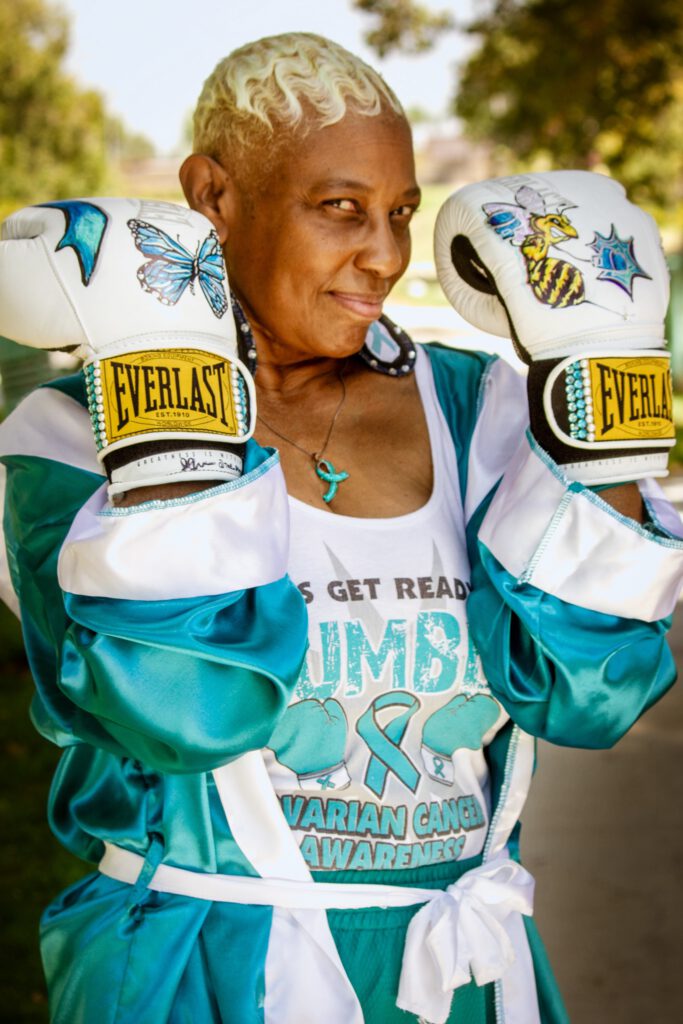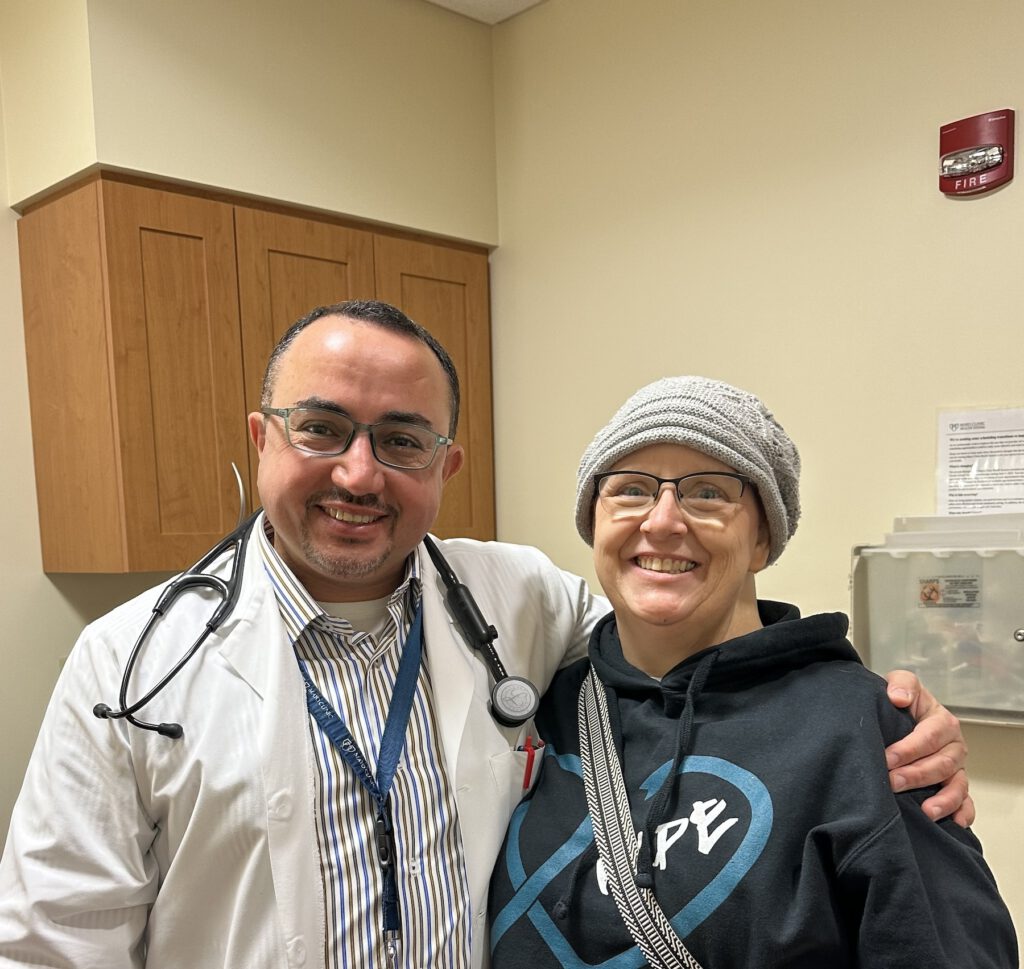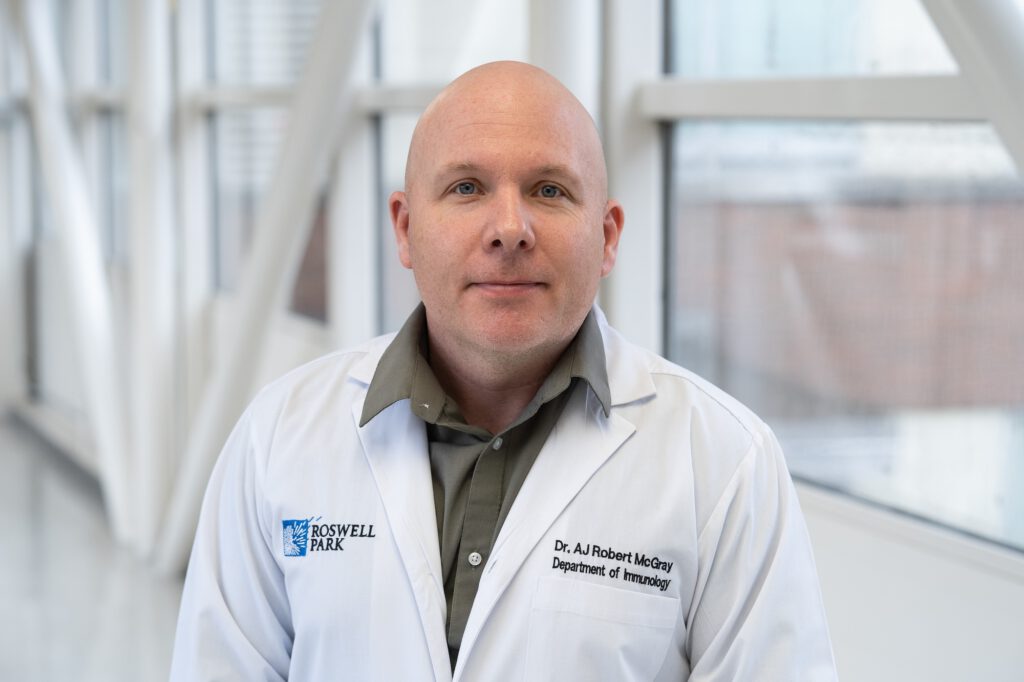
Emotional Impact
A cancer diagnosis can bring up complicated feelings and lots of questions.
Getting a cancer diagnosis is overwhelming, and you may have a lot of unanswered questions. We’re here to demystify the process and to support you as you manage all the new information and decisions that may arise.


Research shows that ovarian cancer patients have significantly better survival rates, up to 50% higher, when a gynecologic oncologist performs their surgery. Across all gynecologic cancers, patients treated by these specialists have improved outcomes.
Use OCRA’s Doctor Finder to locate gynecologic oncologists and other specialists near you.

Clinical trials are available at every stage of treatment. Our website answers common questions and offers OCRA’s Clinical Trial Navigator to help you find eligible trials. Learn more about clinical trials and use OCRA’s Clinical Trial Navigator to view open trials for all gynecologic cancers.

From peer mentorship and virtual support sessions to online communities and immediate help, OCRA’s support services are here for you.

Genetic testing can help assess risk for some gynecologic cancers. For cancer patients, biomarker testing is essential for optimizing treatment.

Understanding the basics of your specific gynecologic cancer — whether ovarian, uterine, endometrial, cervical, vaginal, or vulvar — helps you make informed decisions about your treatment and care.

A cancer diagnosis can bring up complicated feelings and lots of questions.

Get guidance on treatment and access resources to make informed decisions.

Caring for a loved one with gynecologic cancer can be very challenging. Find essential information and resources to help you navigate this journey.
Get email updates about research news, action alerts, and ways to join the fight.